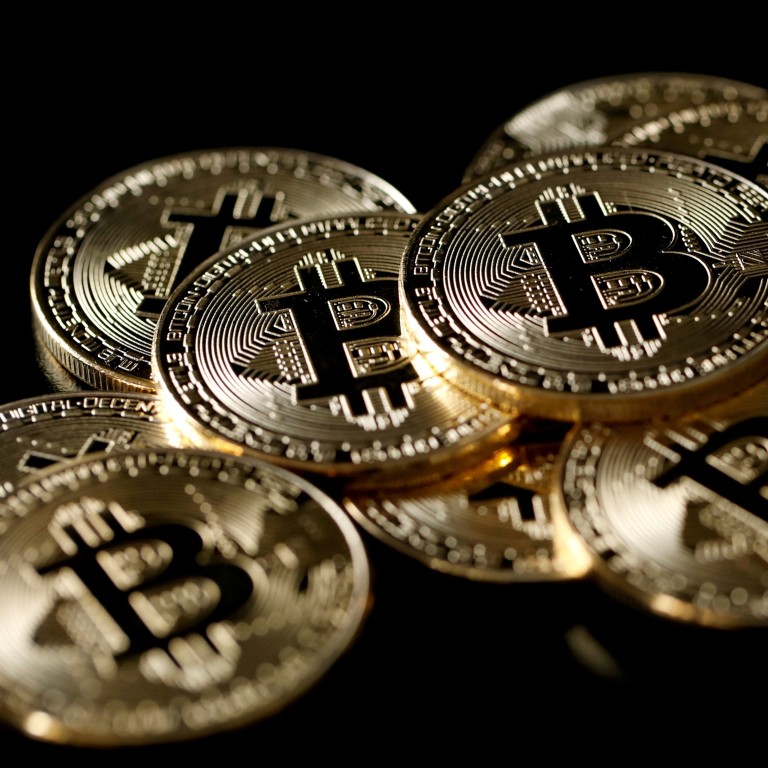
Singapore helps global cryptocurrency firms to expand local operations with new payments legislation
- The measure narrows the gap with Japan, currently a major Asian centre for cryptocurrency trading
Singapore is introducing new payments legislation that offers global cryptocurrency firms a chance to expand their business in the country by applying for operating licenses for the first time.
The Payment Services Act, which comes into force Tuesday, is the first comprehensive regulation for companies handling activities ranging from digital payments to trading of tokens such as bitcoin and ether. As well as bringing crypto firms into the regulatory fold, the law will hand the Monetary Authority of Singapore formal supervisory powers for cybersecurity risks and controls on money laundering and terrorism financing.
The measure narrows the gap with Japan, currently a major Asian center for cryptocurrency trading after 22 exchanges received licenses there since 2017. Increased investor interest in digital tokens has encouraged several regulators around the world to bring the venues under their scrutiny, especially for money laundering and other illicit activities.
The key advantage of Singapore’s new legislation is providing regulatory clarity on new types of payments activities such as e-wallets and cryptocurrency exchanges, according to Nizam Ismail, the founder and chief executive officer of Ethikom Consultancy, which helps potential applicants with licensing and compliance issues.
Tokyo-based crypto exchange operator Liquid Group and London-based Luno, which already operate in Singapore, are among the firms planning to apply for the licenses. “We welcome the Act with open arms,” said Liquid’s CEO Mike Kayamori. The firm will apply via its local Quoine Pte subsidiary.
Chinese state media draws line between blockchain and cryptocurrencies
The legislation “provides regulatory certainty to industry players but, more importantly, it provides consumers with a clear sense of the players they can trust,” said Luno’s Singapore general manager Sherry Goh. Luno obtained an operating license in Malaysia last year.
Twenty of the top 50 crypto exchanges are based in the Asia-Pacific region and accounted for about 40 per cent of bitcoin transactions in the first half of last year, according to Chainalysis data.
Binance Holdings, operator of one of the world’s largest crypto exchanges, has an office in Singapore and is backed by Vertex Venture Holdings Ltd., the venture capital arm of Singapore-based Temasek Holdings Pte. Kathy Zhu, a Binance spokeswoman, declined to comment on whether the firm will seek a Singapore license.

